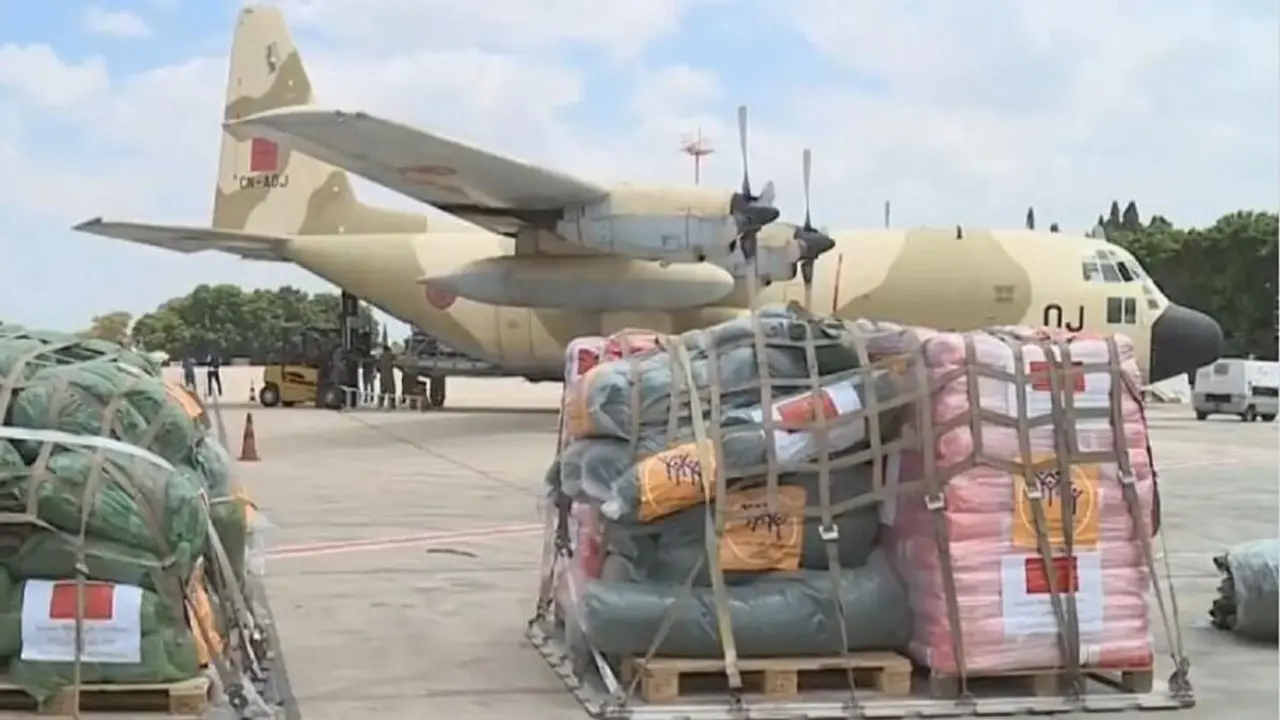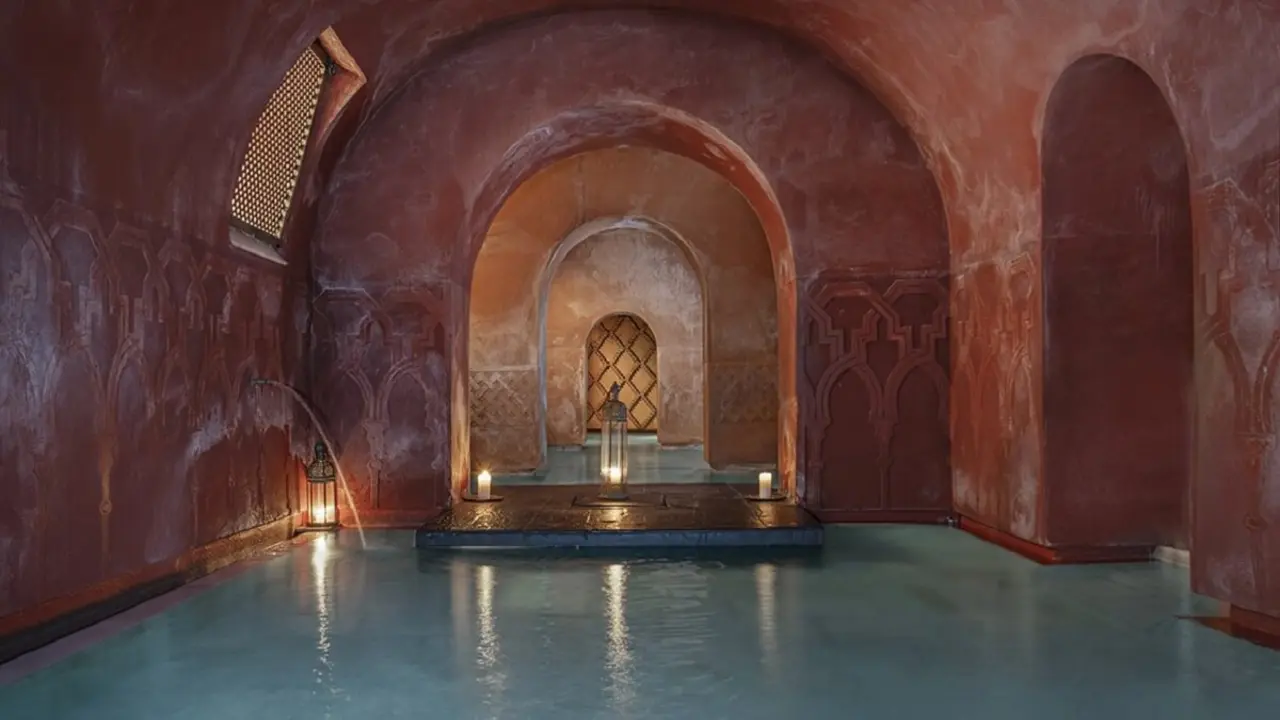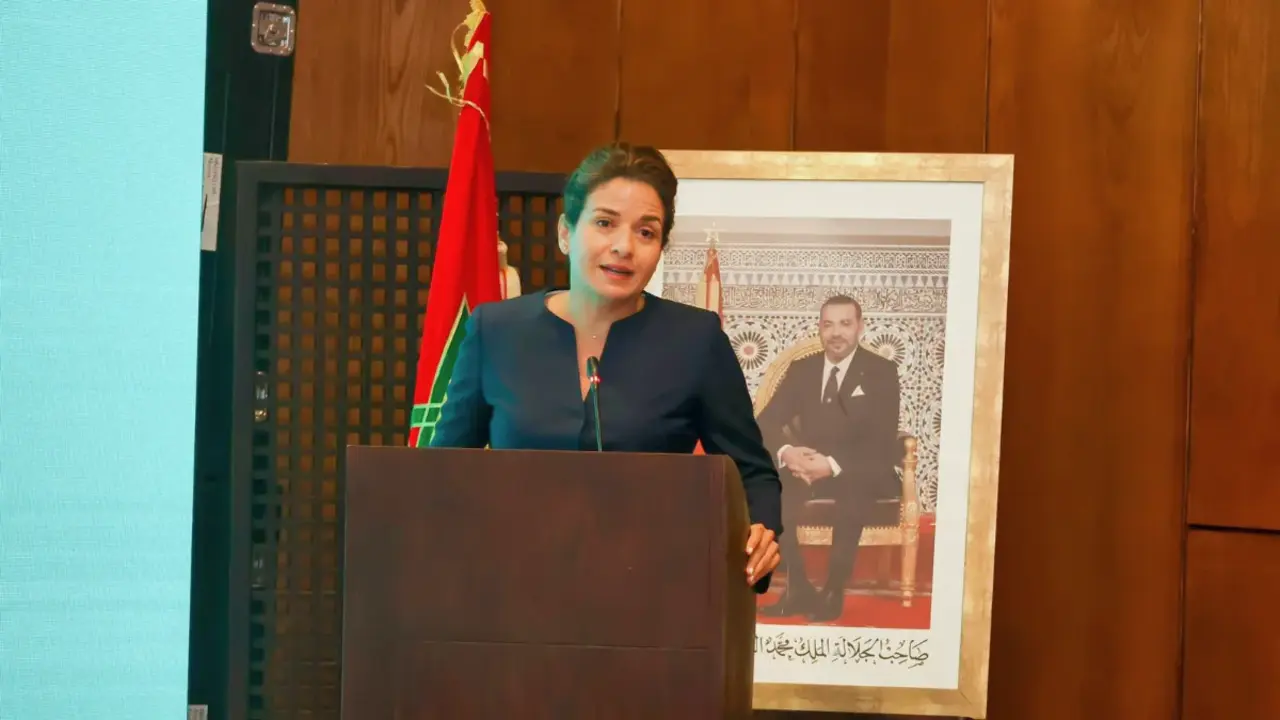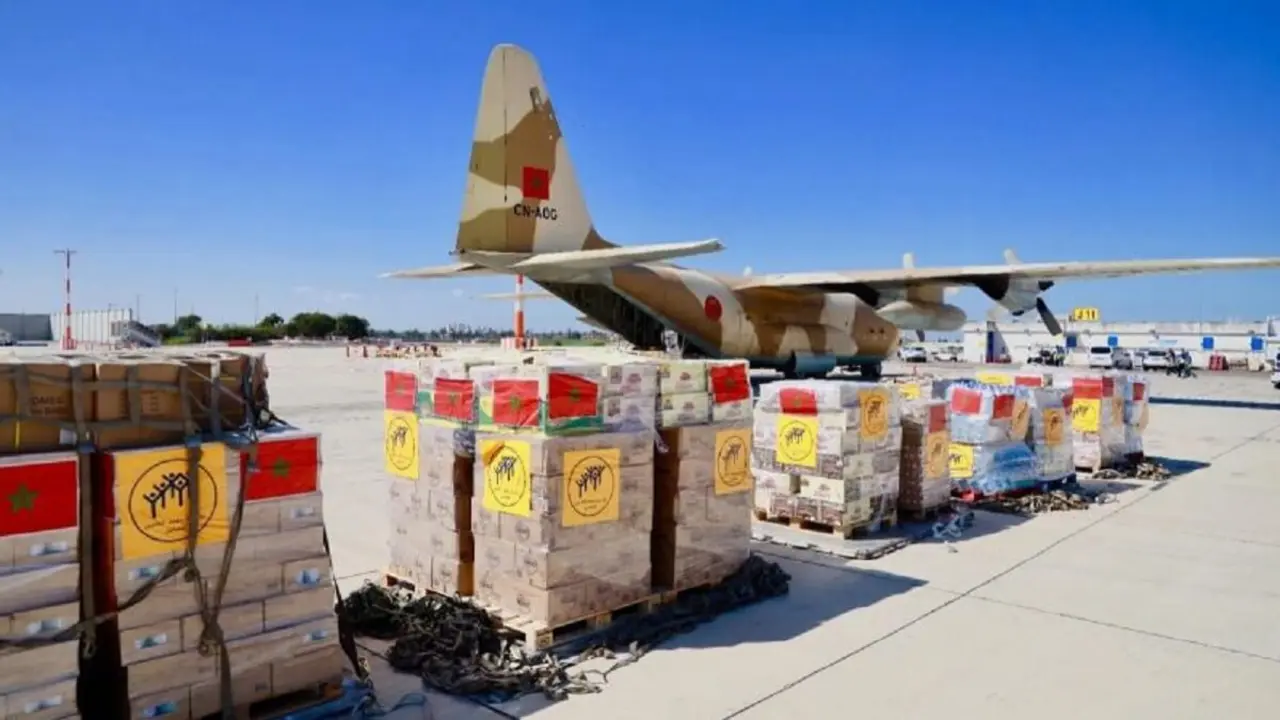Arab parliament praises Saudi Arabia for facilitating Hajj for pilgrims

The president of the Arab Parliament, Adel Al-Asoumi, has praised the efforts of Saudi King Salman and Crown Prince Mohammed bin Salman for facilitating both services and procedures for pilgrims who have begun the Hajj, after a two-year hiatus due to the pandemic COVID-19.
In a statement, Al-Asoumi said that the arrangements made in the kingdom "are a source of pride for the entire Islamic nation and reflect the generous care taken by the king and his government, represented by ministries and sectors, to facilitate the Hajj ritual"

Similarly, the president welcomed the precautions taken by the kingdom to strengthen "precautionary and preventive measures to ensure their health and safety" so that they can perform the Hajj with "ease and comfort".

In addition, Al-Asoumi said that the Saudi kingdom's efforts "are not new" and that by their example "they have provided an inspiring lesson in the handling of the COVID-19 crisis". For the president of the Parliament, Saudi Arabia had demonstrated "to the whole world" its ability to cope with "any crisis" and to facilitate Islamic rituals, as well as to "provide maximum comfort and concern for their health in exceptionally challenging circumstances".

The massive Hajj ritual pilgrimage began on 7 July. From that day until the 12th of this month, the holy city of Mecca is expected to host a total of one million pilgrims from all over the world.

This ritual, of utmost importance for Muslims, is a pilgrimage that should be made at least once in a lifetime if financial and physical conditions allow. During these days, the faithful strip themselves of their "riches" and go to La Kabaa dressed only in a white garment and sandals. The aim of this is to remind people that "all are equal in the eyes of God" and to emphasise one of the most important messages of Islam: the concept of the equality of mankind.

In order to make the pilgrimage safe, the Saudi Ministry of Health has announced that 23 hospitals and 147 health centres are ready to assist pilgrims in case of any health problems. Factors such as pandemics, crowds and high temperatures can be risky conditions that can harm the integrity of the pilgrims, which is why the precautions taken by the Saudi Kingdom are of the utmost importance.

Furthermore, in order to prevent the spread of the coronavirus, all pilgrims must present a PCR test with a negative result and wear a mask inside the Masjid al-Haram mosque, known as the Great Mosque.








